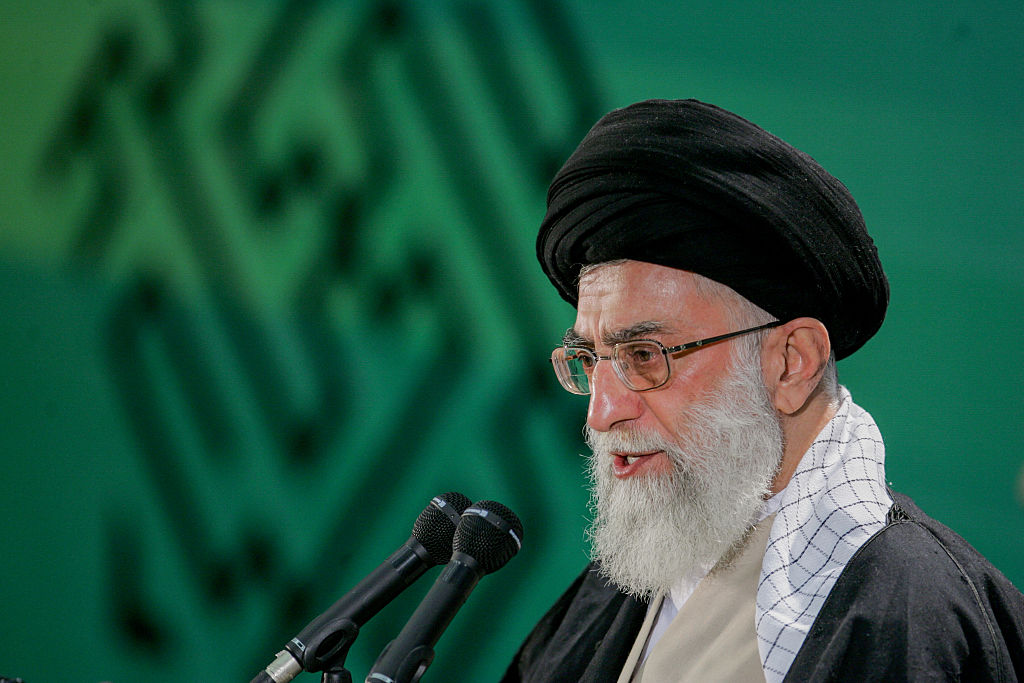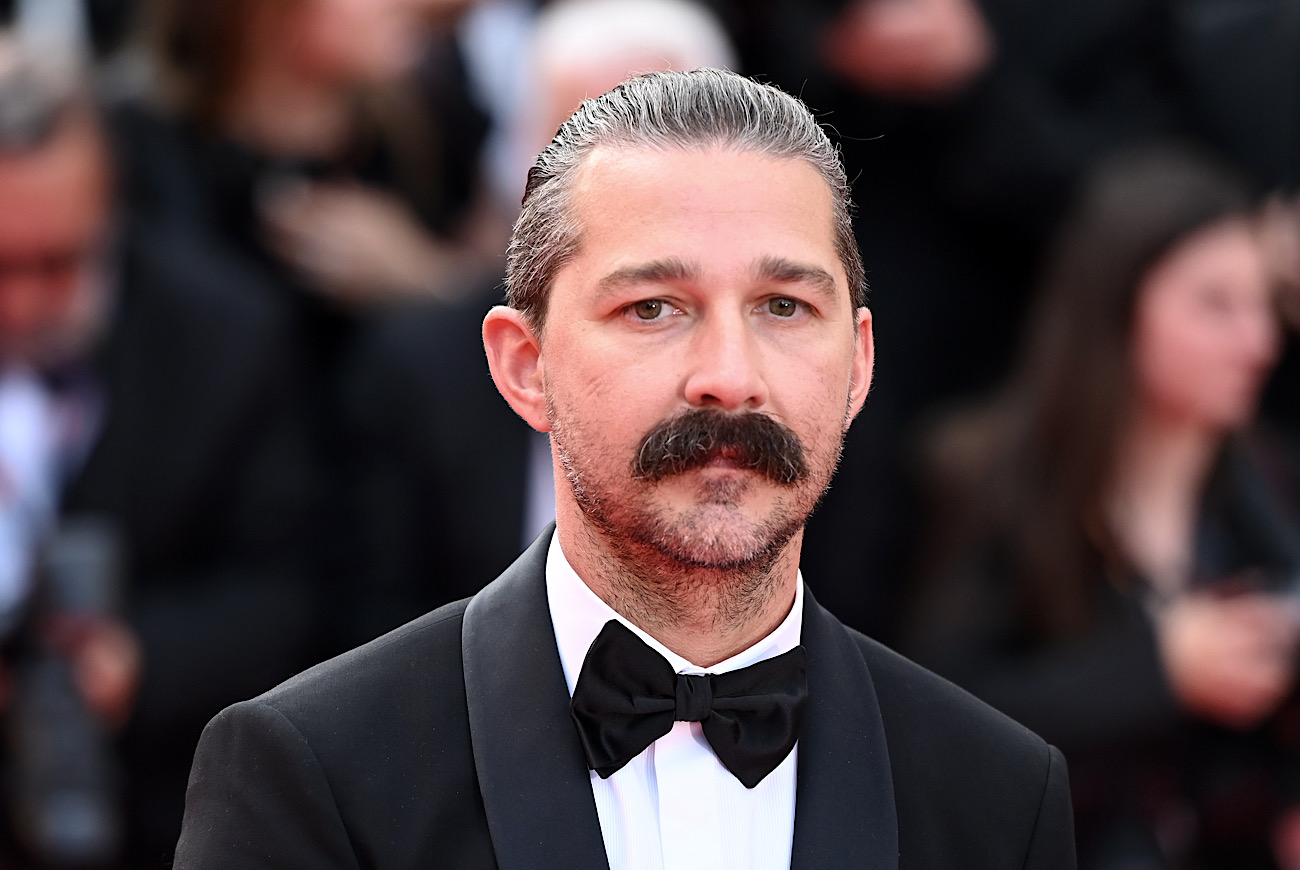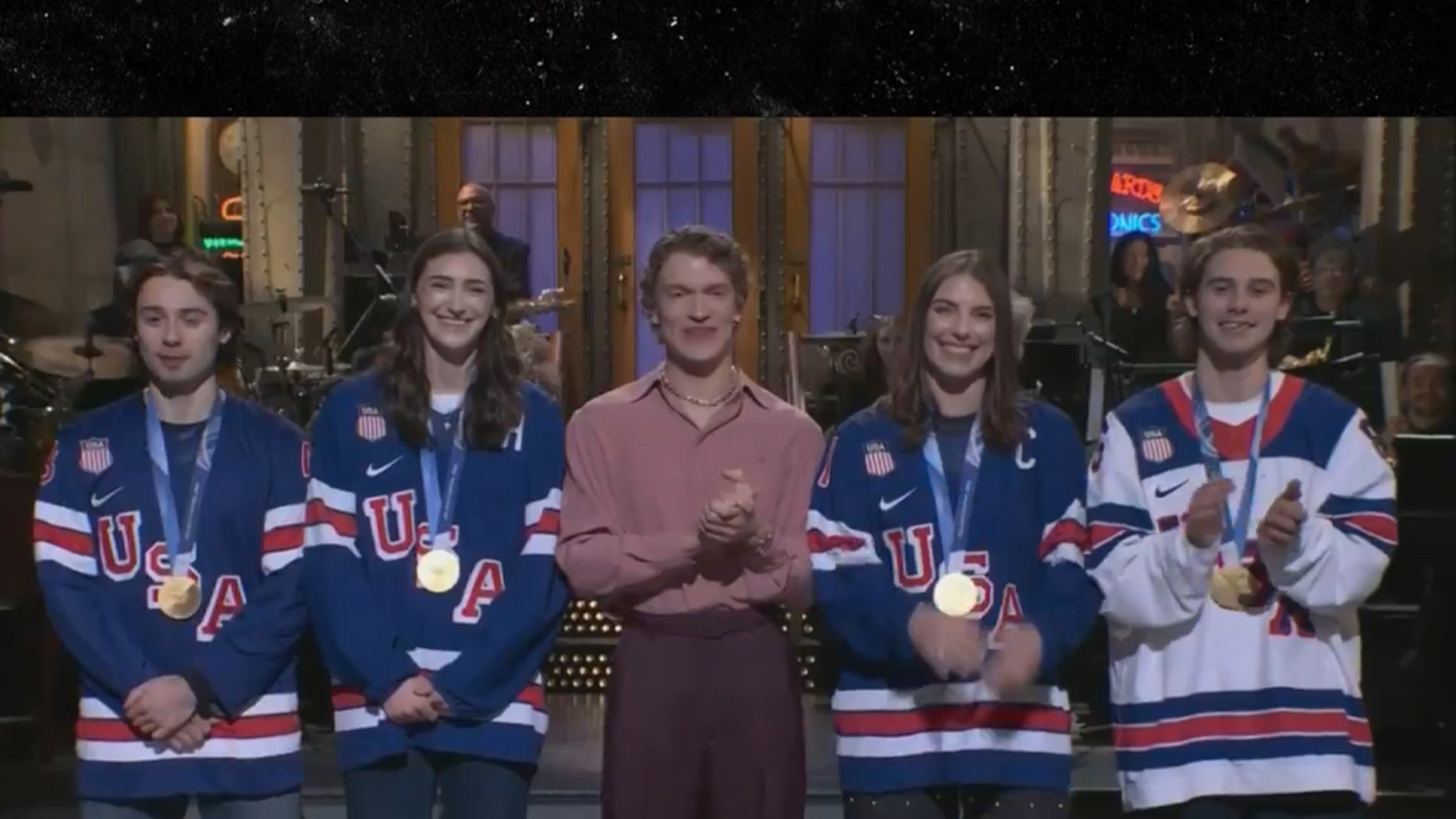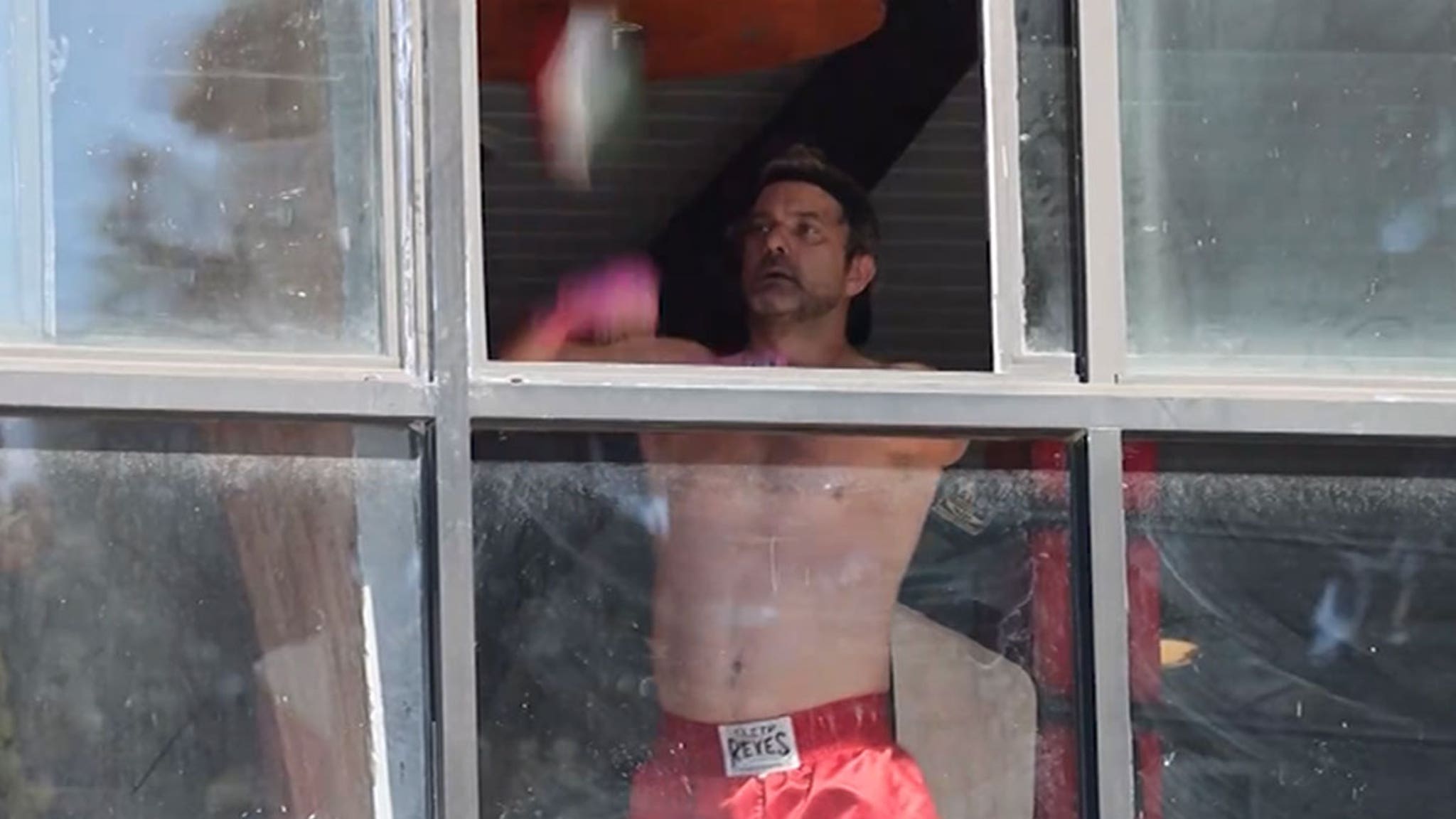Spotify has put out an official statement shooting down Drake’s allegations from last month, where he claimed that the streaming numbers for Kendrick Lamar’s track “Not Like Us” – which takes some serious jabs at him – were “artificially inflated.”
In that filing, Drake, through his company Frozen Moments, pointed fingers at both Spotify and Universal Music Group, accusing them of playing games with the streaming stats. He also tossed in a defamation claim against UMG, the biggest player in the music game, which happens to distribute Lamar’s music too.
RELATED: Spotify Slams Drake’s Claim That It ‘Artificially Inflated’ Streams for Kendrick Lamar’s Diss Record ‘Not Like Us’
In response, Spotify has filed some opposition papers, and a spokesperson had this to say: “Spotify has no economic incentive for users to stream ‘Not Like Us” over any of Drake’s tracks. Only one of Spotify for Artists’ tools, Marquee, was purchased on behalf of the song, for €500 to promote the track in France. Marquee is a visual ad that is disclosed to users as a Sponsored Recommendation.”
“Contrary to the allegations in the Petition, UMG and Spotify have never had any arrangement in which UMG ‘charged Spotify licensing rates 30 percent lower than its usual licensing rates for ‘Not Like Us’ in exchange for Spotify affirmatively recommending [“Not Like Us”],’ including ‘to users who are searching for other songs and artists.”
RELATED: Wiz Khalifa Reacts To Drake Taking Legal Action Against UMG And Spotify: ‘Sound Like A Drake Move To Me’
Spotify also noted that they found no proof backing Drake’s claim that some mysterious individual used bots to pump up the song’s streams by 30 million. They highlighted the serious measures they take to tackle artificial streaming.
On Friday, a spokesperson for Drake’s legal team fired back, sharing their thoughts in a statement to Variety: “It is not surprising that Spotify is trying to distance themselves from UMG’s allegedly manipulative practices to artificially inflate streaming numbers on behalf of one of its other artists. If Spotify and UMG have nothing to hide then they should be perfectly fine complying with this basic discovery request.”







